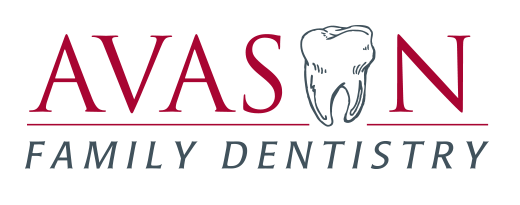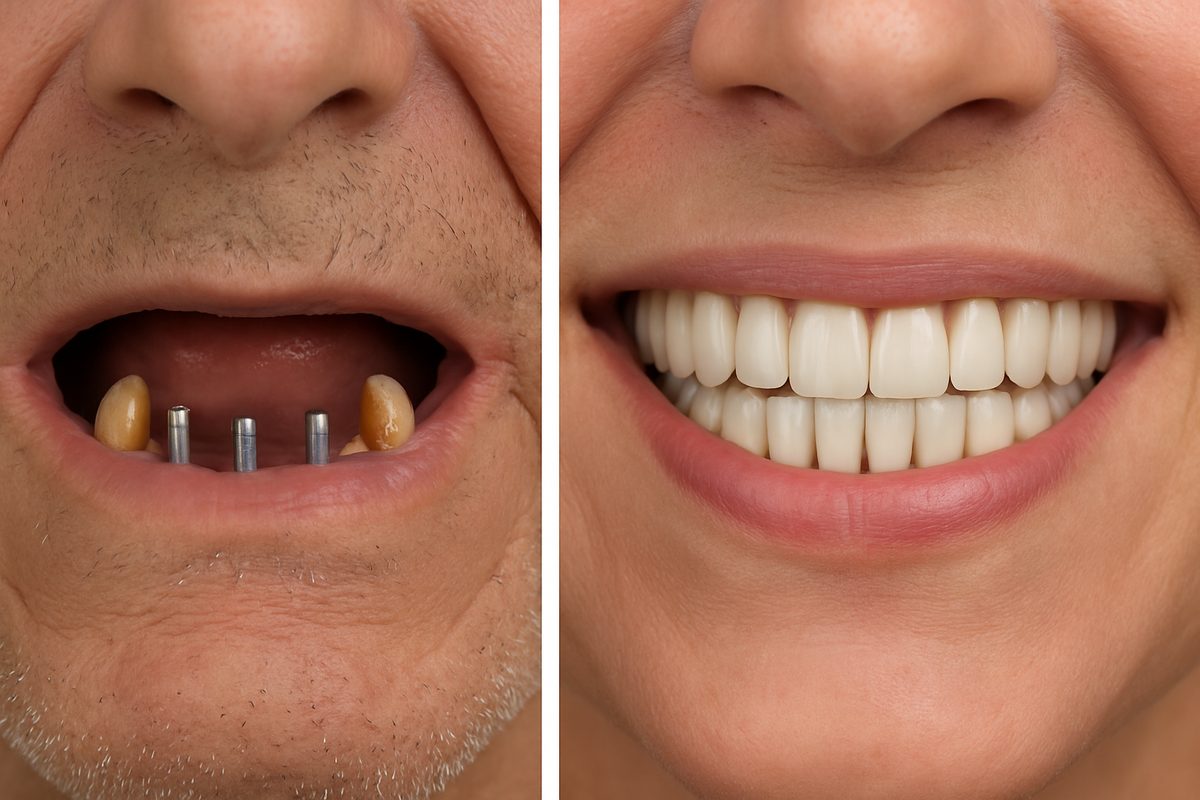Intro: Yes — you can get all your teeth replaced. Options include traditional full dentures, implant‑retained overdentures, and fixed full‑arch implants (All‑on‑4/All‑on‑6). Each route has different steps, costs, and risks. Read on to learn who qualifies, what to expect, and how to choose a provider. If you’re wondering “can you get all your teeth replaced in Denver, NC,” this guide covers the basics so you can talk to a dentist with the right info.
Can you get all your teeth replaced? A short answer
Yes. The three main routes are removable full dentures, implant‑retained overdentures (dentures that snap onto implants), and fixed full‑arch implant bridges like All‑on‑4 or All‑on‑6. Dentures are the least expensive but less stable. Implant options cost more but give better chewing, comfort, and bone support.
Who is a candidate for full‑mouth tooth replacement?
Oral health factors
People with advanced gum disease, widespread decay, or severely damaged teeth may need full replacement. Bone loss from missing teeth can complicate care but can often be treated with grafting or implant techniques. A thorough exam and imaging show what’s needed.
General health and lifestyle
Smoking, uncontrolled diabetes, certain medications, and immune issues affect healing and implant success. Good overall health improves outcomes. Lifestyle goals — like wanting fixed teeth vs removable dentures — also guide the plan.
Main treatment options explained
Traditional full dentures
Removable dentures replace all teeth on the top or bottom arch. Pros: lower cost and quick results. Cons: can slip, reduce bite force, and require relines as bone shrinks.
Implant‑retained overdentures
A few implants (often 2–4 per arch) anchor a denture for better stability. Chewing and speech improve, and the denture can be removed for cleaning. This is a middle ground for cost and function.
Fixed full‑arch implants (All‑on‑4 / All‑on‑6)
These use 4–6 implants per arch to support a permanent bridge. Some labs and surgeons can provide immediate teeth the same day as surgery. Fixed options feel more like natural teeth and help preserve jawbone over time.
What to expect: evaluation, surgery, and timeline
Diagnostic workup
Expect a clinical exam plus 3D CBCT imaging and digital scans to map bone and nerves. Good imaging helps plan implant positions and predict the need for grafts.
Surgical steps and healing
Implant placement is surgical; some cases need bone grafts or sinus lifts first. PRF/PRGF and minimally invasive techniques can speed healing. Typical healing before final teeth is a few months, though immediate‑load options shorten that.
Final restorations and follow‑up
Patients often wear temporary teeth before the final prosthesis. Regular follow‑ups, hygiene visits, and possible adjustments keep implants healthy.
Benefits and risks
Key benefits
Implants improve chewing, speech, and appearance and help limit bone loss. Fixed solutions feel most natural.
Possible risks and complications
Risks include surgical complications, implant failure, and added costs for grafts or repairs. Long‑term maintenance matters.
Cost overview and financing options
Removable dentures are the cheapest; implant solutions range widely based on implant count, grafting, and lab work. Many practices offer financing, payment plans, or phased treatment to spread cost. Insurance sometimes covers parts of the treatment.
Why see a specialist for full‑mouth replacement
Dr. Frank Avason, DMD, MS, is a dual‑trained periodontist and dentist at Avason Family Dentistry near Denver, NC, with advanced implant and reconstructive experience. The office uses CBCT, intraoral scanning, PRF/PRGF, soft‑tissue lasers, sedation, and local lab partnerships for efficient, predictable results.
Next steps: how to get started
If you want to know “can you get all your teeth replaced in Denver, NC,” schedule a consult with imaging. Bring your medical history, current meds, and photos of your smile if possible. A personalized exam and CBCT scan will show the best route for your needs.




